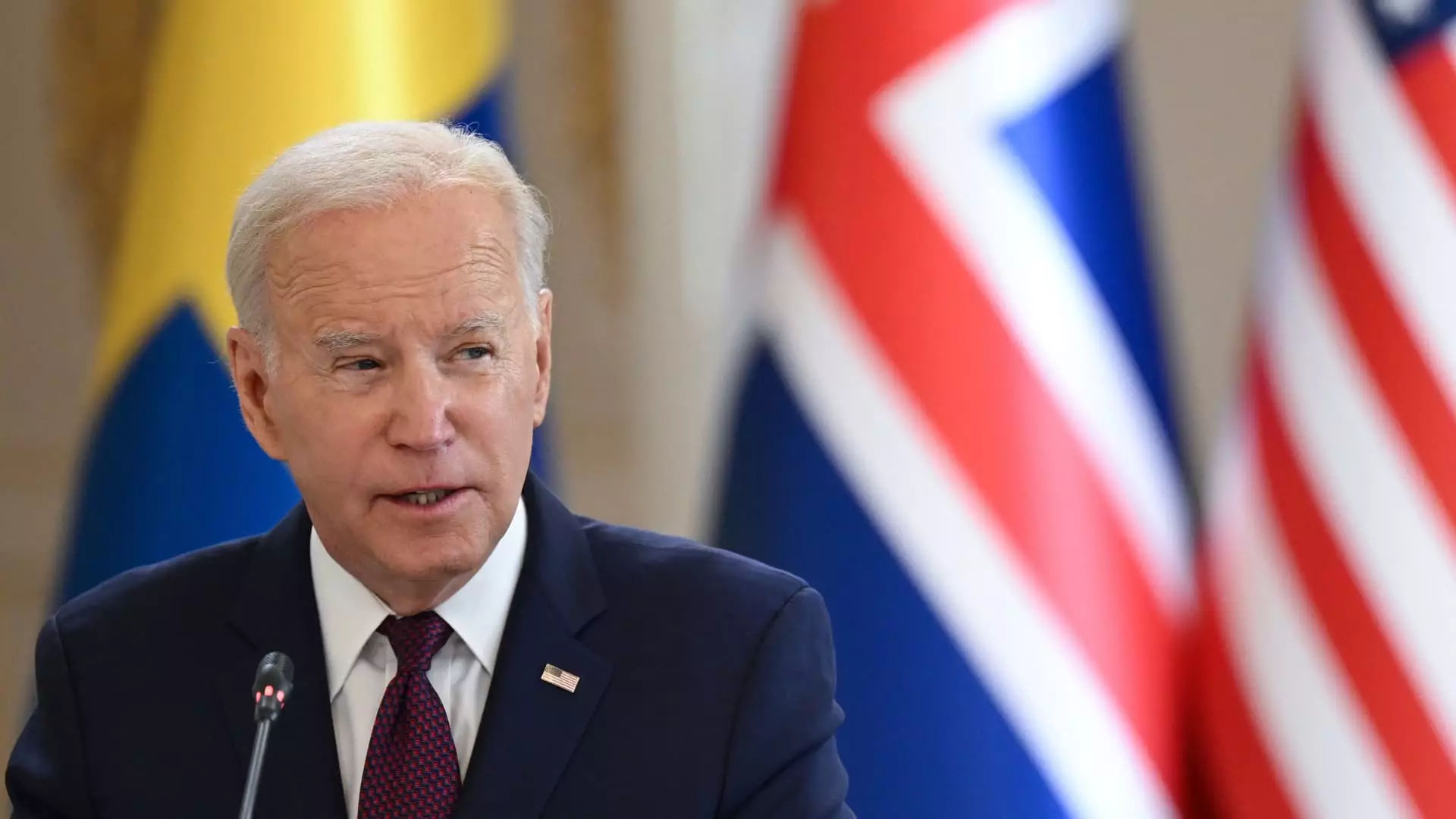As the NATO alliance gathers for its 75th anniversary summit in Washington, all eyes are on U.S. President Joe Biden. Concerns about his age and mental fitness have been raised following a less than stellar debate performance against former President Donald Trump. Former NATO deputy secretary-general Rose Gottemoeller emphasized the importance of this summit for Biden, stressing the need for him to demonstrate his readiness to lead not only the U.S. but also the entire NATO alliance. The outcome of this summit will undoubtedly shape the future trajectory of NATO.
While some view this summit as a make-or-break moment for the transatlantic alliance, Gottemoeller believes that NATO has weathered many crises over the years and will continue to do so. The main focus of the alliance currently lies in supporting Ukraine in its conflict with Russia. However, there are concerns that a Trump presidency could jeopardize this support, given his past threats to withdraw the U.S. from NATO and his opposition to military aid for Ukraine. The stakes are indeed high as NATO navigates these challenges.
During his tenure, Trump consistently pushed NATO member countries to increase their defense spending to meet the 2% requirement. His confrontational approach towards allies created tensions within the alliance, with implications for its cohesion and effectiveness. Despite the pressure exerted by Trump, member states have made significant strides in meeting their defense spending targets. Gottemoeller acknowledges Trump’s role in catalyzing this progress but warns that a second term for Trump could bring further demands for increased spending from NATO allies.
Looking ahead, the future of NATO remains uncertain. Gottemoeller, drawing on her experience as former deputy secretary-general, expresses skepticism about the possibility of Trump actually withdrawing from NATO. Nevertheless, the alliance must be prepared to adapt to evolving priorities and demands, especially in the face of external threats such as Russia’s actions in Ukraine. The upcoming years will test NATO’s resilience and unity, as member states navigate complex geopolitical challenges.
The 75th NATO summit represents a critical juncture for the alliance as it grapples with internal and external pressures. The leadership of President Biden, the specter of a potential Trump presidency, and the evolving security landscape in Europe all pose significant challenges for NATO. However, with careful diplomacy, strategic planning, and a renewed commitment to collective defense, NATO can overcome these challenges and emerge stronger than ever. The stakes are undeniably high, but the future of NATO ultimately lies in the hands of its member states and their willingness to confront shared security threats together.


Leave a Reply